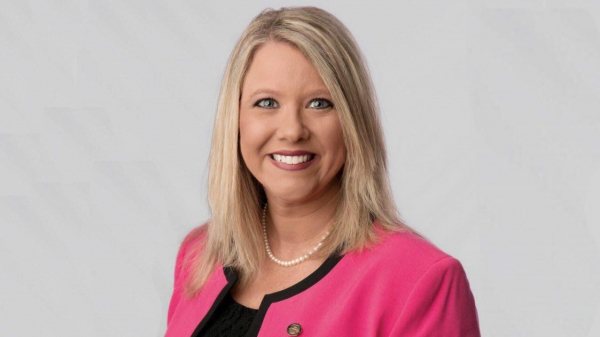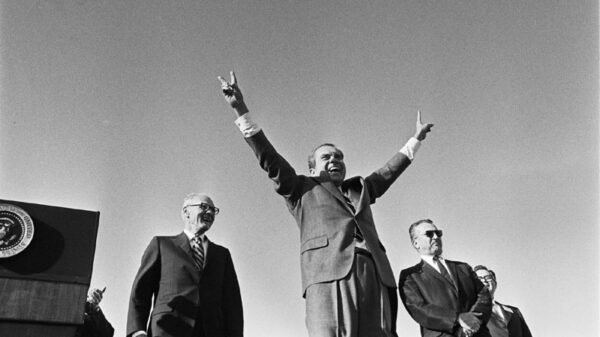By Brandon Moseley
Alabama Political Reporter
The state of Alabama General Fund is being prorated by 10.6% for the remainder of fiscal year 2012 and more cuts are likely in the FY2013 general fund program. The largest program in Alabama’s General Fund is Medicaid. Spiraling costs of Alabama Medicaid services as well as an $81 million error by Alabama Medicaid technocrats are largely responsible for the proration that state government now faces.
Medicaid is a joint federal and state government program to provide healthcare for poor families, children, family planning services, and pregnant women. Most states have recently handed over all or parts of their Medicaid program to Managed Care Companies. Gov. Chris Christie in New Jersey is implementing a transition to managed Medicaid that should save that state $340 million.
‘The Alabama Political Reporter’ recently interviewed Richard Yadon who works with Managed Medicaid Services, a consulting company that advises managed Companies involved in providing Medicaid services. Mr. Yadon said that Alabama would save money by improvements in the health of the clients. Healthier clients use less provider services. Every member will have a care coordinator assigned to them. The care coordinators help the members navigate through their benefits. They utilize Church and community services and follow up with clients to make sure they are taking their medications and improving their health by making lifestyle changes, such as losing weight. Some companies will assign nurses. Some assign both a nurse and a social worker to the Medicaid clients. On certain High risk modality clients they may call every day.
The Alabama Political Reporter also talked with Greg Kunemund, a Regional Vice President based in Birmingham for United Health Care (UHC). In an exclusive telephone interview with the Alabama Political Reporter, Vice President Kunemond said that representatives with United Healthcare have had discussions with the state about the concept of running all of the Alabama various Medicaid programs through a managed managed Medicaid services style of program for the state.
Mr. Kunemund said that United Healthcare already has been working with Alabama Medicaid with the dual eligible seniors. Dual eligibles are poor seniors that receive Medicare and Medicaid. Alabama Medicaid pays most of the deductibles and copayments Medicare does not pay as well as the $99.40 a month Medicare Part B premium for the poor seniors. Vice President Kunemond said that United Healthcare works with the physicians and the Medicaid clients to achieve the best outcomes for the clients. Kunemond said that UHC has a large doctor’s network and clients would have access to a nurse 24 hours a day when ever needed. UHC will also provide extra benefits that Medicaid does not offer like transportation to doctors. Kunemond said that savings would be generated by promoting and improving the overall health and wellness of the Medicaid clients.
Mr. Yadon said that a big driver in the cost of Medicaid is unnecessary emergency room visits. Managed Medicaid Services use the care coordinator to help clients schedule doctor’s appointments, encourage clients to make the necessary lifestyle changes, and take their medications. Mr. Yadon said, “There is always a fear from providers that they won’t get paid as much by managed Medicaid companies but they will actually make the same for services rendered.” Yadon said that Managed Medicaid takes the financial risk and transfers it from the state to the Managed care companies. By emphasizing wellness and prevention Managed Medicaid Companies get better outcomes and healthier clients.
Mr. Yadon said that a small percentage of Medicaid clients with severe conditions drive the expenses of the whole program. Yadon says that Managed Medicaid services make even more dramatic improvement with those clients. “Don’t underestimate community involvement.” “It is really hard for a person to get their care properly when they are having trouble finding enough to eat.” Care coordinators integrate health care with the clients other needs.
Mr. Yadon said that in most states there are 2 to 4 organizations awarded Managed Medicaid contracts. New Jersey simply assigned every one of their Medicaid clients to a managed care company. Some States usually want to give choice to the clients. “Most states are looking at expanding managed care. Connecticut is the one exception.” Connecticut recently moved to a completely state run program. Mr. Yadon said that the state normally puts out a request for proposals and corporations and other managed care organizations would respond to the request of the state. What that proposal entails will vary from state to state and will depend on the state.
Medicaid Commissioner Dr. R. Bob Mullins Jr. resigned Monday. State Health Officer Dr. Donald Williamson has agreed to lead the transition team to evaluate the troubled state agency. Bill Higdon will serve as the interim Chief Financial Officer (CBO).
To learn more about the Managed Medicaid Services visit their website.To learn more about the Managed Medicaid Services visit their website.



















































